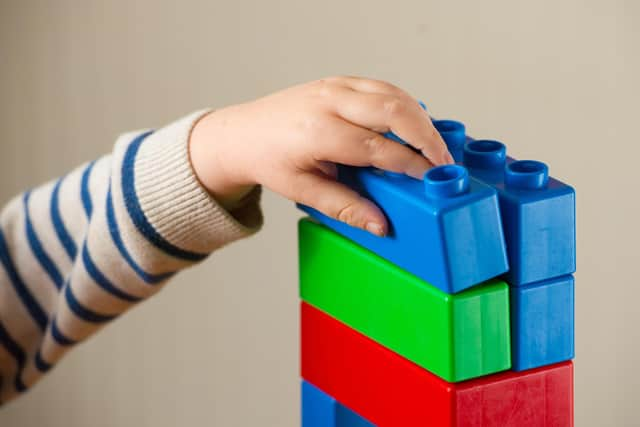One in eight toddlers in Doncaster can't communicate properly
and live on Freeview channel 276
Action for Children said the first few years of a child's life are "critical" for their development and called on the Government to address regional disparities across England.
Office for Health Improvement and Disparities figures show 689 of 799 children aged between two and two-and-a-half in Doncaster met the expected ability for communication in the three months to March.
Advertisement
Hide AdAdvertisement
Hide AdIt meant 110 children (13.8 per cent) did not have normal communication skills for their age.


Across England, 14 per cent of children failed to meet the expected communication standard, however there was great variation in development from area to area.
In Ealing and Barnet in London, around four in five children did not have sufficient communication skills, while in Hull in Yorkshire, no child fell short.
Action for Children said it is essential children "lay the right foundations" during the first few years of their life.
Advertisement
Hide AdAdvertisement
Hide AdImran Hussain, director of policy and campaigns at the charity, said the regional disparity is "deeply worrying", with children in certain areas falling behind.
He added: "Where you grow up shouldn’t affect your life chances. If we want to give children the best start in life, early years services for parents are vital.
"The Government has invested in family hubs for around half of all local authorities in England. It must ensure that all preschool children and their families, in all areas, can access the support they need."
The figures also show 4.8 per cent and 3.5 per cent of children in Doncaster did not have the expected gross and fine motor skills respectively for their age.